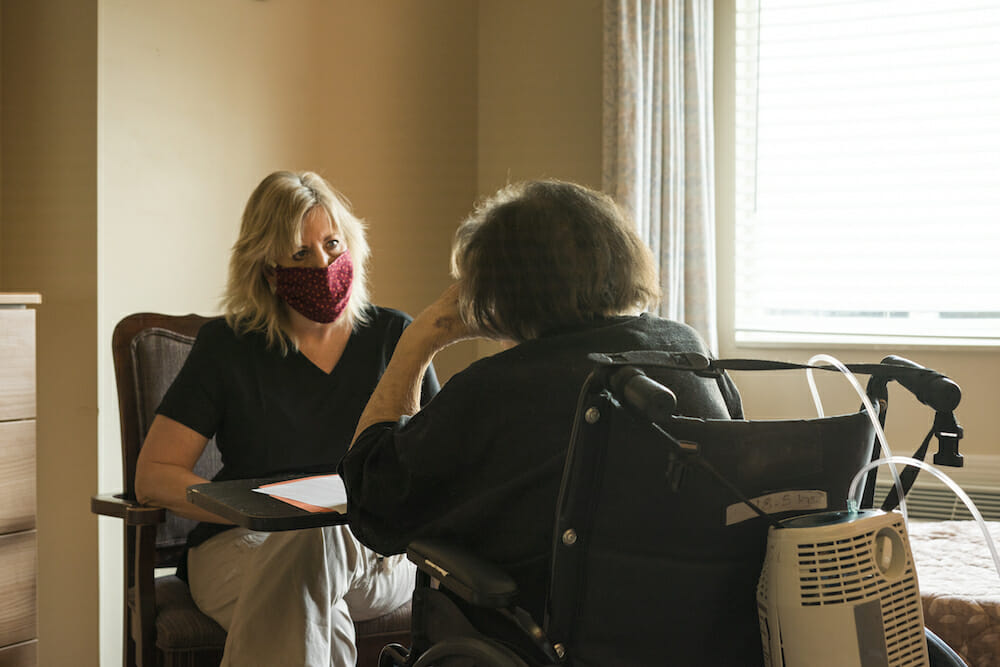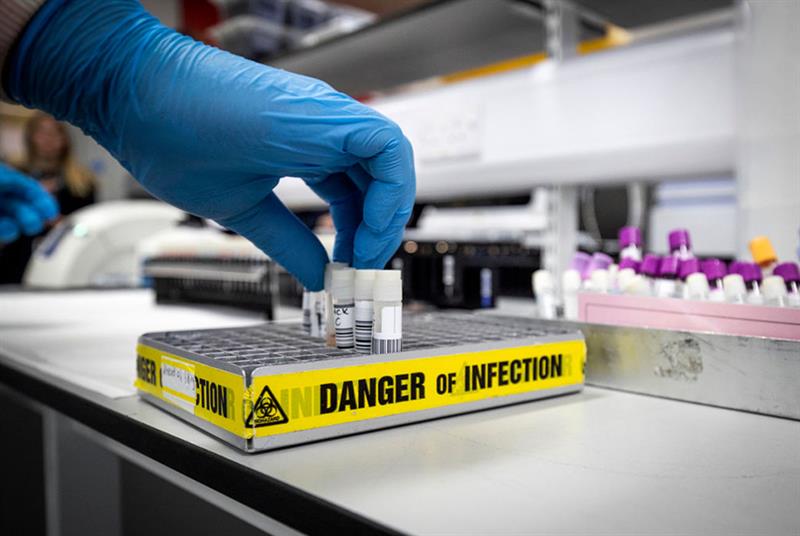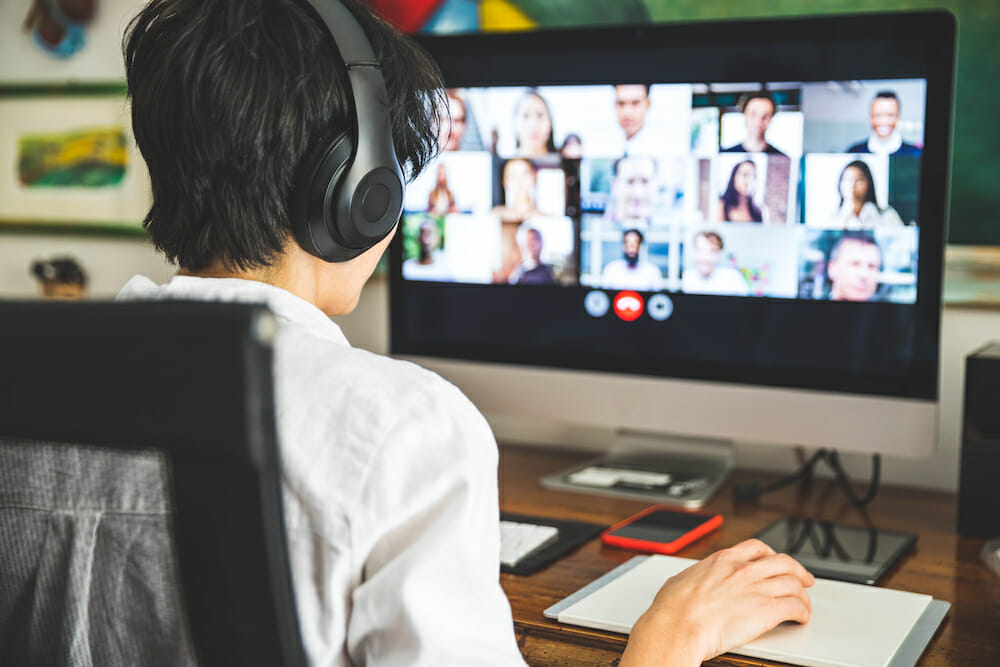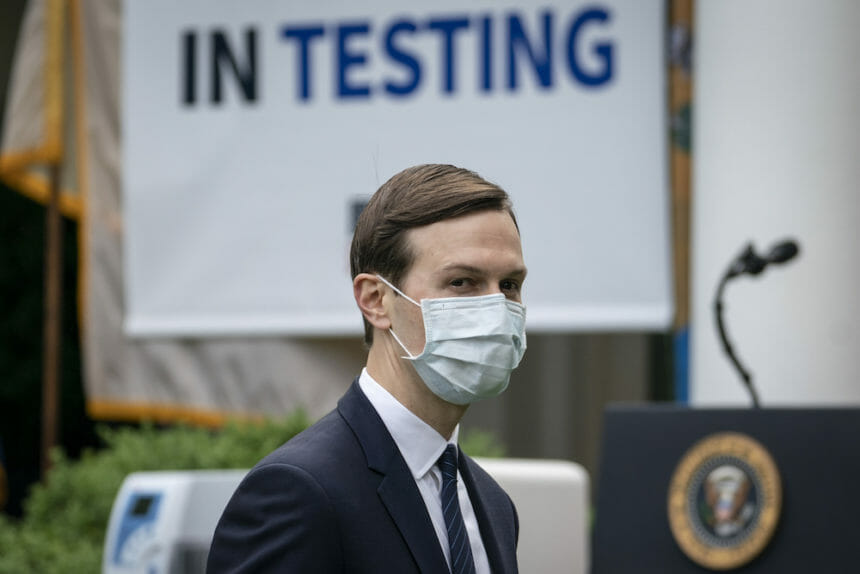As we post today’s briefing, a U.S. Senate hearing to examine COVID-19 is taking place, with half of the participants attending remotely. A realistic timeline for getting more testing and finding a vaccine, guidelines for reopening economies and considerations for kids getting back to school in the fall are being deliberated. But if our recent opening activities are any indication — packed cafés filled with unmasked guests, customers yelling at teenagers attempting to maintain public health precautions in an ice cream shop, and a Family Dollar security guard shot and killed for trying to ensure a woman’s child was wearing a mask — we desperately need an enforceable, unified plan.
Today’s Coronavirus Briefing is 1,117 words and will take you six minutes to read.
Top news
- There are more than four million confirmed cases of coronavirus around the globe — more than 1.3 million of them in the United States.
- Three top U.S. health officials, all members of the Trump administration’s coronavirus task force, are self-quarantining after Vice President Mike Pence’s press secretary Katie Miller and one of President Donald Trump’s valets tested positive for coronavirus.
- In a televised speech Sunday night, Boris Johnson outlined his “conditional plan” for getting the U.K. back to work. He instructed those who could, to continue working from home, and those who could not, to return to the workplace.
- New clusters of infections emerge in countries thought to have curbed the spread — Singapore; Wuhan, China and South Korea among them.
The Takeaway:
Same song; different day. Sigh.

“Ground Zero’s” infernal battle
Nursing homes and long-term care facilities are engaged in a no-win situation — being the most vulnerable population for infection, yet receiving little in the way of federal support to help manage. Now, they’re being tasked with in-depth reporting and planning.
- Despite protracted pleas for personal protective equipment, and acknowledgement from many government agencies that nursing homes are “ground zero” for this global scourge, they’re still not getting the federal help they need. James Berklan, executive editor of McKnight’s Long-Term Care News, wonders if American healthcare workers should follow in their German colleagues’ footsteps and take naked photos of themselves in protest.
- Senior living operators, also fighting desperately for PPE to keep their residents and workers safe, are coming under greater scrutiny from the federal government. The CEOs of 11 of the largest senior living companies in the U.S. have until Friday to respond to a letter from Congress, asking them to detail the extent of COVID-19 in their communities and the actions they’re taking to prevent or mitigate it. But McKnight’s Senior Living reports that, without significant equipment and staff, safeguarding and planning are going to continue to be challenging.
- In yet another show of contradictory design, federal reporting announced in mid-April requiring eldercare facilities to track outbreaks and deaths are only now going into effect. The reason? Centers for Medicare and Medicaid Services and state officials have failed to put nursing homes at the top of the coronavirus resource priority list. Alicia Lasek reports in McKnight’s Long-Term Care News.
- New York Governor Andrew Cuomo announced a series of new measures to help protect New Yorkers living in nursing homes. Key changes include twice-weekly testing for all workers, and hospitals no longer being allowed to discharge patients with the virus to nursing home facilities. He did warn though, that any operator failing to provide appropriate care for residents — whether because of a shortage of PPE, staff or inability to appropriately isolate patients — would lose its operating license.
The Takeaway:
If yelling, screaming, letter writing or protesting doesn’t work, try nudity.

Testing, drugs and non-COVID med needs
GPs are emerging from the pandemic beleaguered and confused.
- GP reports that general practitioners in the U.K. are confused over why they’re not being provided COVID-19 tests despite the fact that they’re in contact with symptomatic patients and could conduct tests during consultations. Currently, those who suspect they have the virus are directed to a website where they can select a regional test drive-through or at-home testing kit. It is estimated that around one-third of the 122,000 coronavirus tests the government has issued thus far, have gone unused or sent back to labs.
- GPs are coming under increasing pressure as patient demand returns to normal, but many hospitals are still not accepting referrals. Last week, Emma Bower of GP reported that three out of four GPs fear patients could come to harm because of delays to treatment, with around one in three reporting urgent referrals had been rejected during the pandemic.
- MM&M’s executive editor Marc Iskowitz takes readers on a quick tour back in time to understand the indelible relationship between science and medicine, and how the drug risk/benefit equation alters during a health crisis.
- The FDA issued emergency approval of a cheaper, faster, simpler antigen test — a common screening tool doctors use for infections such as influenza or strep throat. The test, created by Quidel Corp., is conducted using a nasal swab that’s immediately tested in a doctor’s office or other point-of-care location, producing diagnostic results within minutes.
The Takeaway:
Tests are being fast-tracked in the spirit of: “It’s better to have something that works some of the time than nothing at all.”

How we’re working
The future of experiential events, implementing greater connectivity, and retaining employee confidence.
- While brands and marketing agencies prepare for life after COVID-19, there’s still a general sense of caution around large gatherings and live events, which raises the question: What will experiential look like post-pandemic? In Conference & Incentive Travel, Helen Mok, from brand experience agency Jack Morton China, theorizes about the efficiency of hybrid events engaging at-home online attendees in the short term and, as the industry recovers, pivoting to engage audiences online and offline simultaneously.
- Siobhan Palmer in People Management cites a poll showing that two in five people in the U.K. are anxious about returning to work, then follows it up with a swath of business leaders’ suggestions for mitigating their staff’s concerns.
- Five top health marketers tell MM&M how they expect business to change in the wake of COVID-19. Technology and connectivity are on everyone’s list.
- For Ross Toohey, CEO of global healthcare agency 2e, it’s the fundamental things that warrant priority for the future of “Type A personality field salespeople.”
The Takeaway:
Everyone wants to feel safe. Putting plans into place and communicating those plans is key.
“The architect of rock and roll”
In honor of Little Richard who passed away last Saturday from bone cancer, we leave you with two incredible live performances and an interview from 1964.
- Little Richard, “Lucille”
- Little Richard, “Hound Dog”
- Little Richard, on American Bandstand
Until tomorrow friends…








